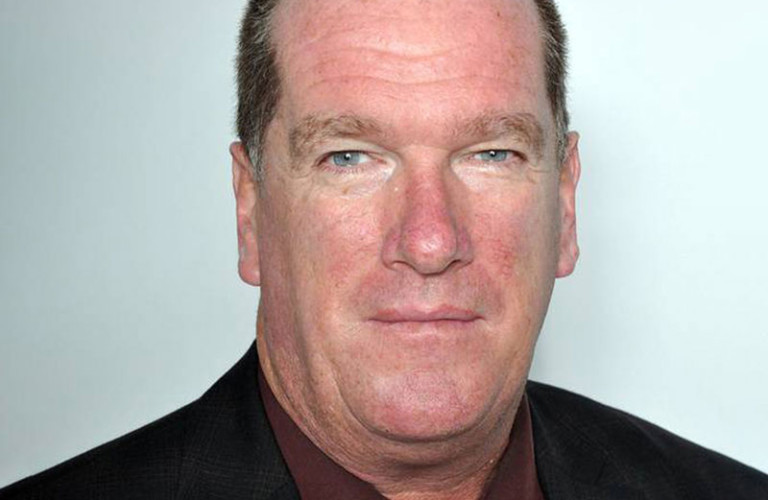Never afraid to challenge orthodox thinking
Sharing the words of PPTA stalwart and writer Peter Lyons.

Peter Lyons' name will be known to many through the newspaper columns, school economics textbooks and PPTA News articles he authored.
Peter was never afraid to challenge orthodox thinking in PPTA and we appreciated the time he took to share his thoughts with national office.
To honour his talent with words we have reprinted, with permission, a particularly pertinent piece he wrote for the New Zealand Herald.
Peter Lyons: Winners have a monopoly on reality

The winners are in control. They are winners because they deserve to be winners. They are winners because of their own hard work, talent and application. They are winners because, unlike others, they have had the attitude and sheer drive to make it to the top.
Winners hate losers because losers have bad attitudes which cause them to fail. If losers could emulate winners we could be a nation of winners. Losers hold us back as a nation. Winners are always keen to share the secrets of their success. Winners are often white and male.
When you are a winner you have the right to preach to others about how to be a winner. Those on welfare benefits and in low-paid jobs are suffering because of their unwillingness to seize opportunities to make the most of their lives. They choose to be losers just as winners choose to be winners.
Education is the first route to success. Winners know that our schools are staffed by teachers whose lack of accountability leads to poor results for many of their students. The winner's solution is easy. A key problem is that teachers are not paid according to their performance. Winners are aware that money is always the driver of performance. It is the fundamental motivator in life. Teachers just don't seem to understand this crucial insight.
In the workplace, people can always become winners through their own effort and hard work. It's not about luck or family ties or advantages in upbringing. It is about attitude and choices. If winners can do it then anyone can.
In a competitive labour market based on the impersonal forces of supply and demand, anyone can succeed and become a winner. There are no power imbalances between workers and employers, just market equilibrium. Employers compete for workers and workers compete for jobs. Winners know we need more flexibility in the labour market to ensure efficiency.
Competition ensures that there will be no exploitation of workers otherwise they will seek work elsewhere. Competition ensures that workers who are productive will be paid accordingly. They will become winners because this is how life works. Unions and living wages and welfare benefits undermine the natural order of this labour market.
Winners believe unions are for losers. Unions protect the weak, the unproductive, the mediocre and the sticklers for health and safety. Unions interfere with the natural working of the labour market. Winners believe unions are an anachronism. They are historical relics that hold back people with aspirations to be winners.
The sweatshops of 19th-century England and modern China are unfortunate exceptions in the wonderful free market system. Child labour, deadly factory fires and mine explosions never occurred in the past despite what history books say. Pike River was an isolated and extreme example of employer negligence in health and safety. If unions could be abolished and government interference minimised, competition would ensure such experiences would never occur.
Winners know that human nature has changed for the better and exploitation of workers is a thing of the past. Employers want to share their profits and ensure a safe and fair workplace for their employees. Any winner knows that.
In a winner's world it is hard to understand why anyone would go teaching or nursing or join the police force. It makes no sense. Any winner knows that is not where the money or fame is. How many Lamborghinis do you see in the average school carpark? Apart from Florence Nightingale, who can name a famous nurse? People in these occupations don't become winners.
When winners get old they reflect on lives well-lived. They can sit in their well-protected mansions, enjoying their share portfolios, art collections and wine cellars. They relish the ease with which they can pay for their private nurses. They like to dispense their profound insights to others.
Sometimes their children from various marriages also become winners, earn big money in important jobs, drive flash cars and live in their own mansions. They may be famous, too. Winners believe that would be a life well-lived.
First published in the New Zealand Herald (nzherald.co.nz)
Last modified on Wednesday, 17 May 2023 09:11
